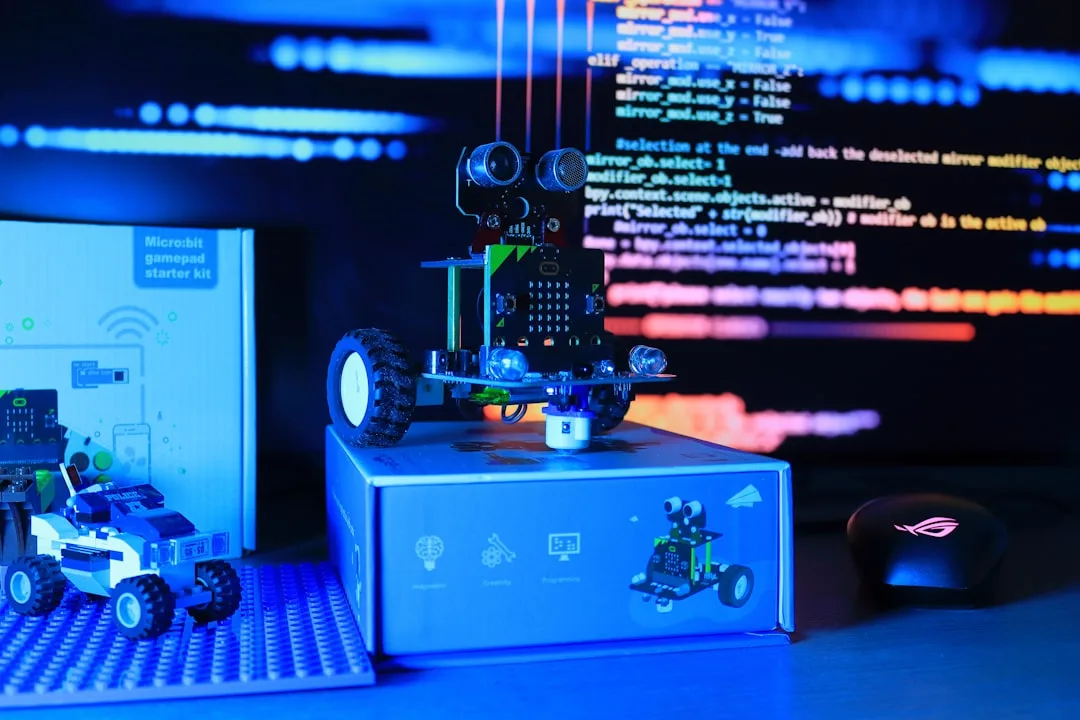
Newsletter Subscribe
Enter your email address below and subscribe to our newsletter

Enter your email address below and subscribe to our newsletter

Explore how the powerhouse of generative AI is driving a seismic shift across various sectors, impacting everything from creative arts to complex supply chains.
Generative AI is not the brainchild of a single entity but rather a collective evolution spurred by tech giants and innovative startups alike. Leading the charge are companies like OpenAI, which has pushed the boundaries with its GPT series, and Google DeepMind, which continues to pioneer advancements in artificial intelligence research. Meanwhile, Adobe is leveraging generative AI to revolutionize digital media creation, and startups like Runway ML are democratizing access to AI tools for creatives. These players are driving the development and deployment of generative models, which are foundational in reshaping industries globally.
In the creative sector, generative AI is serving as both a tool and a collaborator. Artists and designers are using AI-powered platforms to create new forms of digital art, automate repetitive tasks, and even inspire novel ideas. For instance, DALL-E by OpenAI generates remarkably realistic images from textual descriptions, offering an unparalleled creative tool for designers. The ability to synthesize new imagery from scratch is revolutionizing workflows and enabling artists to push the boundaries of their craft.
Healthcare has seen significant impacts from generative AI, especially in drug discovery and medical imaging. AI models are now capable of simulating complex biological processes, accelerating the discovery of new drugs and treatments. Companies like Insilico Medicine are utilizing generative models to identify potential therapeutic targets and design novel molecules, dramatically reducing the time and cost associated with traditional pharmaceutical research.
Generative AI is optimizing manufacturing processes and supply chain logistics by predicting demand, improving design efficiency, and reducing waste. For example, Siemens is integrating AI into its manufacturing processes to create more efficient production systems. By using AI to simulate various production scenarios, manufacturers can optimize their operations and respond quickly to market changes.
In the financial sector, generative models are transforming the way data is analyzed and decisions are made. AI-driven algorithms are enhancing fraud detection, risk assessment, and customer service. Companies like Kensho are employing AI to analyze vast amounts of financial data, providing insights and predictive models that support strategic decision-making.
The rise of generative AI signals a transformative era where creativity, efficiency, and innovation can thrive simultaneously. While the benefits are numerous, challenges such as ethical considerations, data privacy, and the potential for misuse cannot be ignored. As technology continues to advance, industries must navigate these complexities to harness the full potential of AI responsibly. The future will likely see more industries adopting AI, leading to unprecedented changes in how we live and work.
The rapid adoption of generative AI across industries can be likened to the Industrial Revolution, where mechanization transformed economies and societies. Just as steam engines and assembly lines revolutionized production, AI is reshaping the landscape by automating complex processes and enabling new forms of collaboration between humans and machines. However, like any technological leap, it necessitates careful management to avoid pitfalls such as job displacement and ethical dilemmas.
To stay ahead in this AI-driven world, developers and founders should actively explore the capabilities of generative models and integrate them into their workflows. Testing beta versions of AI tools, attending workshops, and engaging with AI communities can provide valuable insights and foster innovation. For a deeper understanding, consider reading our follow-up articles on AI ethics and the future of work in an AI-enhanced economy.
By embracing these advancements, industries can not only enhance their operations but also ensure they remain competitive in a rapidly evolving market.